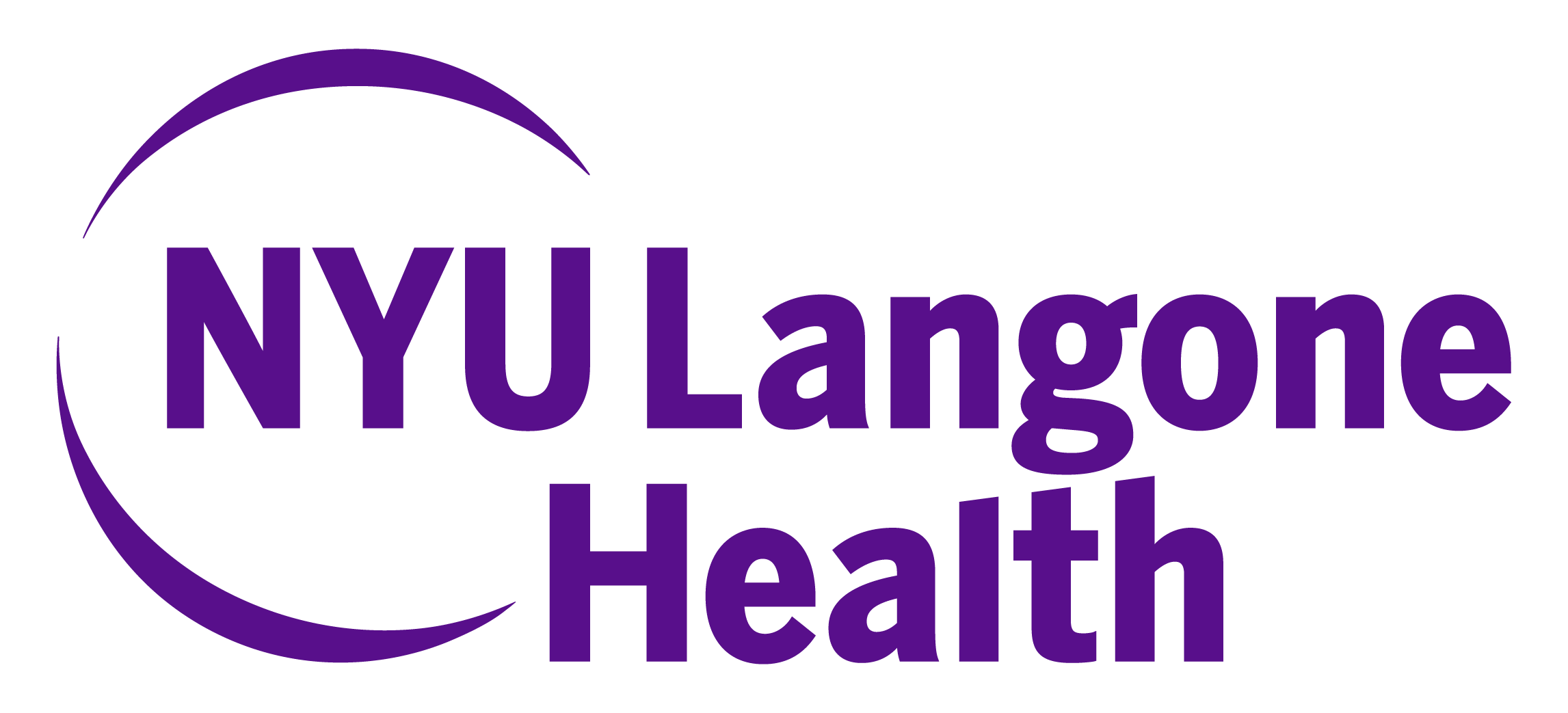- Advertise
- About OncLive
- Editorial Board
- MJH Life Sciences brands
- Contact Us
- Privacy
- Terms & Conditions
- Do Not Sell My Information
2 Clarke Drive
Suite 100
Cranbury, NJ 08512
© 2025 MJH Life Sciences™ and OncLive - Clinical Oncology News, Cancer Expert Insights. All rights reserved.
Dr. Grossbard on the Utility of PI3K Inhibitors in Follicular Lymphoma
Michael L. Grossbard, MD, discusses the utility of PI3K inhibitors in follicular lymphoma.
Michael L. Grossbard, MD, professor in the Department of Medicine, chief of the Hematology and Medical Oncology Inpatient Service at Tisch Hospital, and section chief of Hematology at NYU Langone’s Perlmutter Cancer Center, discusses the utility of PI3K inhibitors in follicular lymphoma.
Historically, chemotherapy has been the mainstay of treatment in follicular lymphoma. However, the field is moving toward chemotherapy-free treatments with novel agents such as PI3K inhibitors, which have shown impressive responses.
Utilizing a PI3K inhibitor to block an enzyme that triggers the B-cell receptor pathway can halt B-cell proliferation and kill cancer cells, Grossbard explains.
In September 2018, the PI3K inhibitor duvelisib (Copiktra) received accelerated approval for the treatment of adult patients with relapsed/refractory follicular lymphoma after ≥2 prior systemic therapies. The approval was based on data from the phase II DYNAMO trial in which duvelisib led to an overall response rate of 42% in patients with relapsed/refractory disease.
Duvelisib is an oral dual-targeted PI3K inhibitor that was designed to be more effective than earlier-generation PI3K inhibitors. Utilizing duvelisib for patients who fail chemotherapy or rituximab (Rituxan)-based treatment may extend their progression-free survival, Grossbard concludes.


